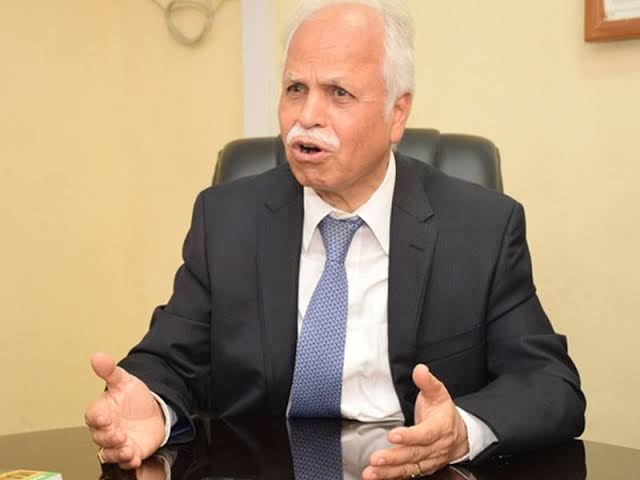Chairman of Sona Group of companies, Arjan Mirchandani has attributed inaccessibility to raw materials as the major challenge in manufacturing, specifically in the Fast Moving Consumer Goods (FMCG) sector.
Speaking to MARKETING EDGE on TV, the group CEO averred that the sector have been confronted with a series of challenges ranging from infrastructure, haulage at the ports and access to foreign exchange which make access to raw materials difficult.
He said: “The cost of manufacturing is growing every day. Too many times, to get a container from the Tincan Island and Apapa sea Ports and so on, you have to pay N1.2m million for one container each. Moreover, the bad roads contribute to damaged goods and create problems in terms of supply of raw materials. Meanwhile, supply of raw materials is key to manufacturing.”
The multi-dimensional entrepreneur said in order to develop capacity to mitigate the challenge of accessing raw materials for production, the Group has to make the most vital decision to source them locally by encouraging local producer to engage in production.
Mr. Mirchandani, who affirmed that the Sona Group sources over 90% of raw materials locally, noted that they still have to import other components required for production.
“There are raw materials you can’t get locally like packaging. Like today we are making biscuits which require 100% local materials. Some components are important but you need a good packaging to sustain the purity and freshness. Any moisture can cause damage and you will have problem with the goods.”
He noted that the decision to rely on local farmers for raw materials has translated to reduced manufacturing cost and have indirectly impacted on the economy by providing jobs and contributed to boosting the country’s GDP.
Mr. Mirchandani, while urging the government to accelerate infrastructural development as it is critical to the nation’s economic growth, suggested that the country’s leadership should engage with the private sector to run a diversified economy.
According to him, “If your economy is based majorly on oil, say about 80% to 85%, it is one leg economy – unfortunately. Government should spend money to open up export market. The manufacturing sector can further flow and that will help the jobs and other aspects which will help Nigeria and also earn foreign exchange”.
The iconic business leader decried the continuous decline in the purchasing power of Nigerians which is exacerbated by inflation and rising cost of living, but stressed that, as a going concern, consumers’ interests precede every other factors in its corporate decision-making even as the conglomerate strives to operate profitably in a seemingly challenged clime.







Comment
No comments found.